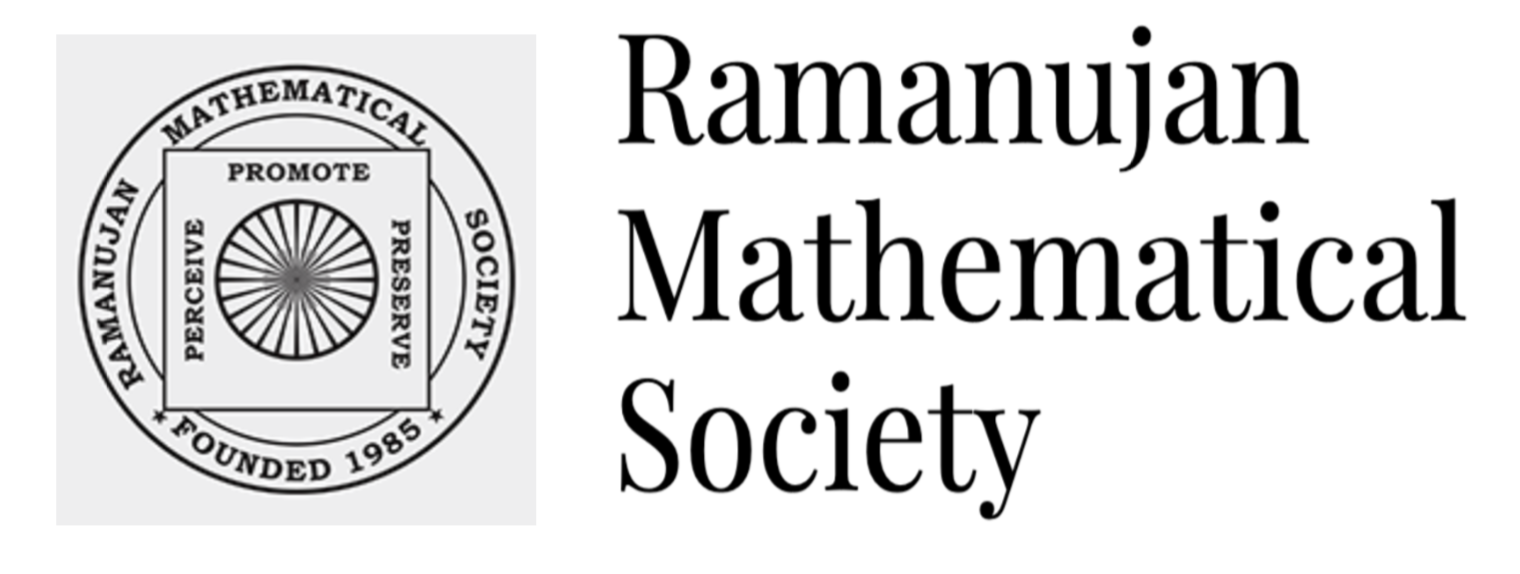Overview of Compact Courses
Aim: RMS has planned “Compact Courses for postgraduate students” in
mathematics to collaborate with universities / institutions to teach their students
and guide their teachers in some topics in which they need external assistance.
Nature of CC: The lectures in a compact course (CC), which will be of two
week duration, will supplement the lecture program in a specific topic taught in a
department. Problem-solving is an important component of this program.
Resource Persons:
1. There will be a Main Faculty teaching for two weeks (or there may be two,
each teaching for one week) for each CC chosen/approved by RMS . The
deaprtment is expected to suggest mathematicians who are either local or
who live in a nearby city for this. It takes quite some time for RMS to
decide suitable main faculties.
2. There will be an Associate Faculty from the Department where CC is held. It
is very important that the associate faculty should not be from outside,
otherwise the aim of CC to train a local teacher in the topic will fail.
Lecture schedule: The department (with the help of the associate faculty) will
train the students at least for one month in the pre-requitive matrial before the CC
starts. It will be a collaborative activity of teaching plus problem solving guided by
the main faculty. Each day, three hours are to be allocated for this purpose for two
weeks. The main faculty will take a class of 1 and 1/2 hours in the mornings and
the associate faculty will teach for 1 and 1/2 hours giving more explanation and
doing problem solving. Regular classes can be taken in the afternoons as per the
department lecture schedule.
Duty of the Associate Faculty after the CC is completed: After a
suitable time, when students have made good preparation in the topic, the associate
faculty will set a paper (approved by the main faculty), conduct an examination
and send the mark list to the main faculty, who will then forward it to the
Academic Secretary of RMS. The associate faculty will also prepare a brief report
including the syllabus of the CC, list of participants and send it to RMS through the
main faculty.
Honorarium: The main faculty will receive an honorarium of Rs. 10,000/- per
week and if finance permits, the associate faculty will receive a honorarium of Rs.
5,000/- per week.
Finance: RMS desires that the participating institute bears either full or a part of
the expenses of organising a CC in its department. But if this is not possible, RMS
will fund Rs. 50,000/- for this. Since the main faculty will be a local person or
drawn from a nearby institution, the RMS CC is a low cost event but will be a
very effective programme in training students and also a teacher to teach the topic
in future in the department.
Nature of Expenses: Only tea/coffee and biscuits (but no lunch) will be
provided to the participants. The main faculty will be provided transport expenses
and also accommodation, breakfast, lunch and dinner, if required.
Details of CC: Departments wishing to join in this collaborative teaching
programme are requested to fill in the CC-Request Form
Training of younger mathematicians: RMS CC programme is aimed to
help not only students but also younger mathematicians in teaching.
In order that the CC will be most effective in developing expertise in teaching of
the topic of CC in the department where CC is held, it is necessary that the
associate faculty (may be called a tutor if he is a PDF) of the compact course is
from the department itself.
Lecture Notes (not mandatory): The main faculty is expected to prepare lecture
notes and hand it over to the Associate Faculty who in turn will add solutions to the
problems solved by him and explanatory notes prepared by him and make a
booklet out of it. This in turn will be submitted to RMS for use by other
institutions, if needed.
The Compact Courses Program Committee:
- Ambat Vijayakumar (Chairman)
Email: [email protected]
- R. Balakrishnan
- K.S. Charak
- Phoolan Prasad
